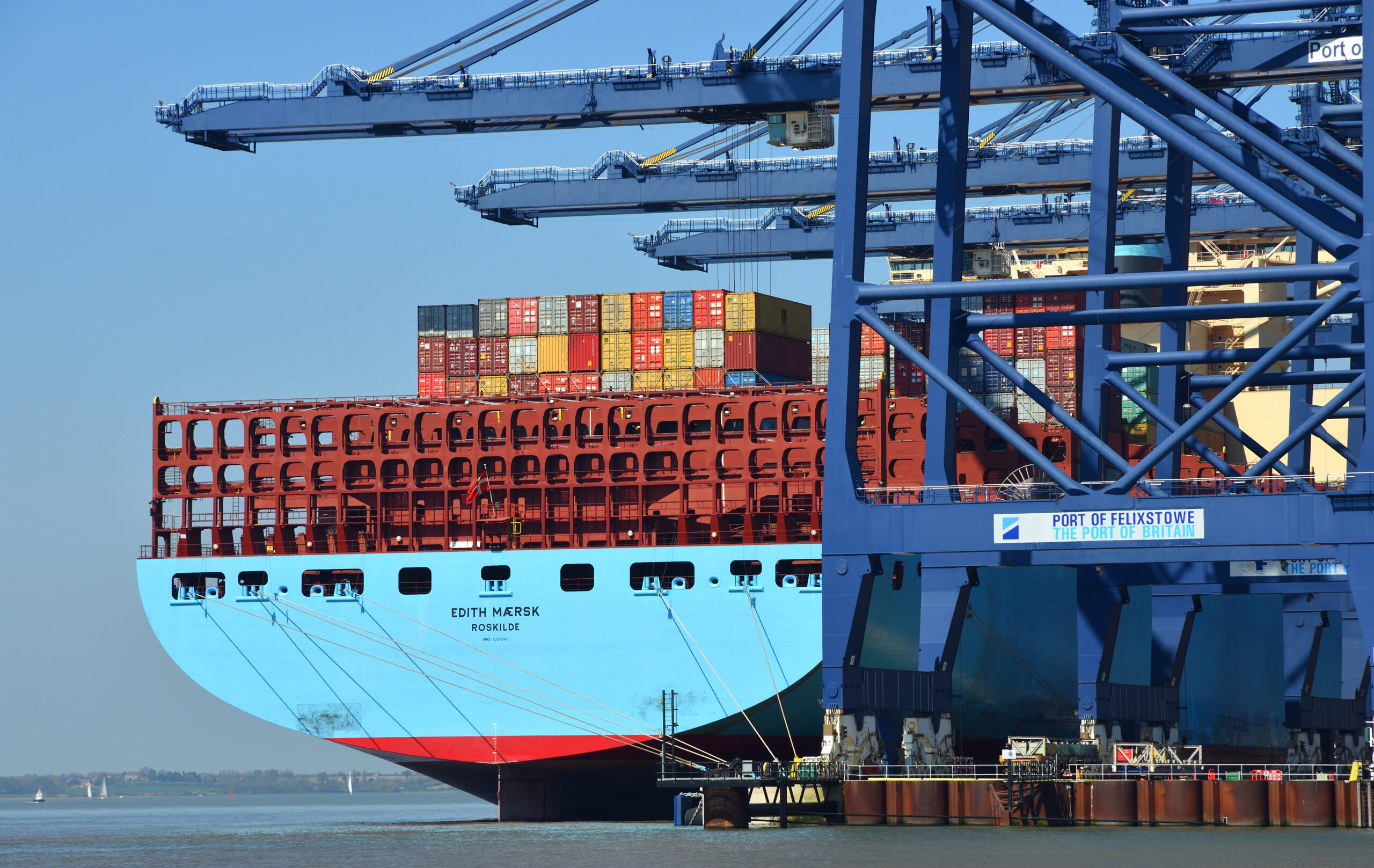Japanese shipping major Kawasaki Kisen Kaisha (“K” Line) has partnered with Rikkyo Educational Corporation for a project to research onboard carbon capture and storage (OCCS) technology.
The project, titled ‘Social Implementation of Future Marine Environmentally Harmonious Materials’, aims to refine the application of metal-organic frameworks (MOF) for capturing CO2 produced by vessel exhausts while at sea. Researchers at Rikkyo University will explore the possibilities of an OCCS system that uses the molecular technology of MOFs, which is a porous material.
The ‘“K” Line Advanced Technology Future Environment Project Laboratory’ has been established at Rikkyo University to conduct this research and will be led by Professor Mao Minoura at Rikkyo University’s Department of Chemistry.
The project builds upon “K” Line’s CC-Ocean project, launched in 2021, that was the world’s first demonstration of an OCCS system successfully extracting CO2 from a vessel exhaust. The newly announced research partnership seeks to push this capability further and expand “K” Line’s OCCS technology in commercial deployment.
“K” Line is also rolling out complementary decarbonisation initiatives, including the operation of liquefied CO2 carriers, to create an integrated carbon transport and storage ecosystem. The company’s Environmental Vision 2050 articulates its long-term commitment to reducing emissions across the maritime sector through technological innovation.
This week “K” Line was one of four Japanese shipping heavyweights to join NAPA’s Digital Twin Project. “K” Line joined Kyokuyo Shipyard Corporation, Mitsui E&S Shipbuilding Co., and Sumitomo Heavy Industries Marine&Engineering in joining the project that will create a secure data-sharing framework between shipyards and shipowners to improve operational efficiency and sustainability.
The Digital Twin Project already includes some of the largest shipowners and shipbuilders in the world. The four new companies will join the original members, including shipowners NYK Line, Mitsui O.S.K., and Marubeni; shipbuilders Imabari Shipbuilding, Japan Marine United Corporation, and Usuki Shipyard; software and data services provider NAPA; and classification society ClassNK.
The Digital Twin will offer data analytics to inform the decarbonisation decision making of shipowners and operators. It is a tool that is increasingly central to the digitalisation strategy of the maritime sector and its energy transition journey. The Digital Twin Project is due for commercial launch later in 2025.



